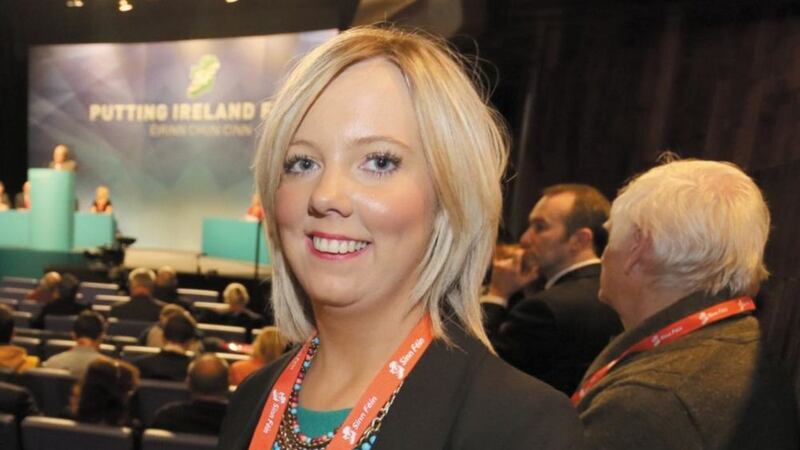ALMOST 200 families of children with special needs have settled cases with education chiefs ahead of a tribunal in just three years.
More than half of all appeals lodged with the Special Educational Needs and Disability Tribunal were conceded by the Education Authority (EA) before planned hearings.
Parents and schools bring dozens of cases against the EA every year, mostly on the grounds of "refusal to assess" formally children's special educational needs.
Few make it as far as a tribunal. Of those that are heard, the vast majority - 70 per cent - are won by parents.
The independent Special Educational Needs and Disability Tribunal (SENDIST) considers appeals against the decisions of the EA about children's needs, where parents cannot reach agreement with the authority.
It also deals with claims of disability discrimination in relation to children at school.
Typically, the tribunal deals with appeal cases where parents believe the EA is not dealing with their child's special educational needs appropriately.
Parents or schools can appeal if they ask the EA to assess a child and it decides not to, or if it carries out the assessment but then decides not to make a statement.
Appeals can also be brought if the EA amends an existing statement, decides that a child should no longer have a statement or turns down a request to have a child placed in a different school.
Since 2013/14, 339 appeals have been dealt with - a total of 190 of which were conceded by the EA, or former area boards, before a hearing.
A further 93 appeals were withdrawn by parents.
Of the 56 that went to a hearing, 36 appeals were granted in full and another three were granted partially.
The figures were revealed in response to an assembly question by Sinn Féin's Catherine Seeley.
A former teacher and member of the assembly education committee, Ms Seeley said the EA's procedures for handling appeals should now be reviewed.
"I asked a question in the assembly this week about appeals process for special educational needs assessments," Ms Seeley said.
"In response, the minister replied that in more than half of the appeals were conceded by the Education Authority, some just days before the hearing is due to take place. This would suggest a problems in the decision making process around these appeals.
"I will be calling on the Education Authority to review its process around handling appeals."








